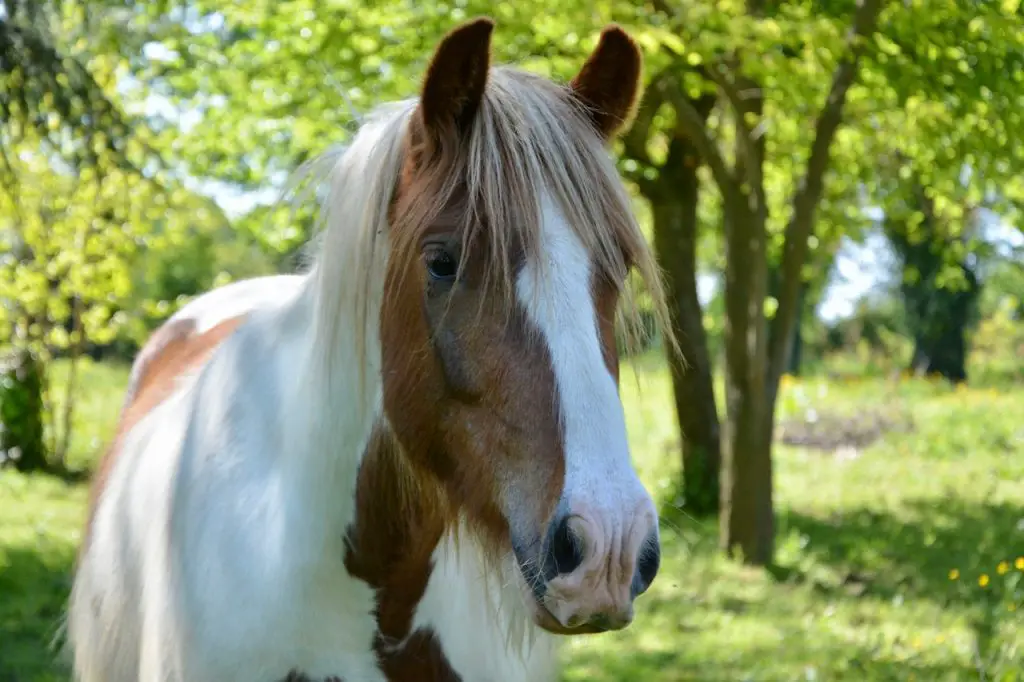Last Updated on March 18, 2022 by Allison Price
“Slobbers” and hypersalivation in horses.
Slobbers might bring up images of St Bernards drooling in hot weather. However, if your horse is slobbering it is time for you to take action. Excessive salivation can occur in two ways. One, the horse produces too much saliva and two, it cannot be swallowed properly. Each horse has three pairs of salivary glands, which can produce nearly 40 liters (10 Gallons) of saliva each day. This is a lot of liquid to swallow.
Choke is the most common reason for not being able swallow saliva. These horses may act out with their neck extended, causing them to gag or retch. Sometimes, saliva may be coming out of the nostrils. Horses that bolt their feed fast often experience this.
Excessive salivation can be caused by certain abnormalities in the oral cavity. The body may produce more saliva if the abnormality causes excessive salivation. This could include a broken mandible, wire or wood in your tongue, an oral abscess, mass or dental disease. These conditions can cause the horse to not eat, or have difficulty eating. The horse may tilt its head to one side, bury feed in its mouth or drop feed.

Other cases involve the salivary glands being tricked to produce more saliva than necessary. Eating clover contaminated by a fungus called Rhizoctonialeguminicola is one common reason. The fungus releases a chemical called “slaframine” which stimulates the horse’s nervous system to produce more saliva. Although these horses are usually able to eat normally and do not have any problems, some may experience other issues such as sensitivity to light or liver disease.
Another group of chemicals that can increase saliva production is organophosphates. These chemicals are often found in pesticides. Horses that are exposed to them can also experience frequent urination and colic, as well as difficulty breathing, small pupils, diarrhea, colic, and difficulty swallowing.
Hypersalivation can be caused by infection. Rabies is the most serious, but also the least common. Rabies can cause excessive salivary gland production by infecting the nerves that control the salivary gland. Rabies in horses can cause a variety of symptoms and behavior. Rabies can be fatal. However, it is possible to prevent it by vaccinating. It is extremely contagious and can cause death in humans. The bottom line is to vaccinate your pets against rabies.
Excessive salivation can also be caused by other factors, such as toxins, heavy metals, lead, fractures (bones at base of tongue or inner ear), infections, (strangles), Actinobacillus Lignieresii), neurologic trauma to nerves and Gastrointestinal (ulcers tumors, liver disease)
Although most of the causes for excessive salivation can be corrected, it is important to seek professional advice about how to treat your horse’s condition.


